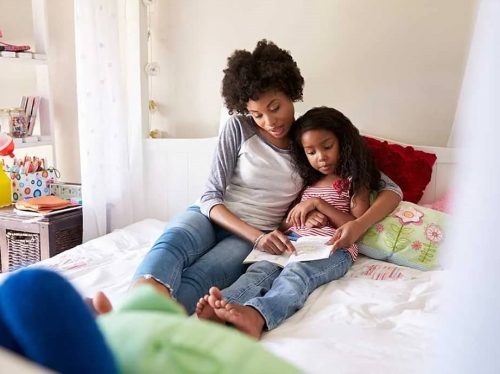Living again after death of a loved one

“After the loss of her husband, life was unbearable for Esther Dramadri because she did not feel the need to live, not even for her twins.
“I stayed more in bed, ate less, cared less about my outfits, and basically neglected a lot. The maid seemed to carry more of my weight.”
Two months down the road, her lovely hair was in a despicable state, and she knew the walls of her bedroom more than her sons’ faces. “I knew I had to do something, but how and where to start from was the issue. Though I did not want to accept it, depression had won me over,” Dramadri says.
A visit from a colleague is one thing Dramadri will always be grateful for as it pulled the pity mask off her face. All of a sudden, she wanted to live again. It was she that proposed Dramadri visits a counsellor despite her denial. By the time the friend left, an appointment had been set up. During one of the sessions, the idea of writing therapy was introduced but her first trials were filled with toxic thoughts; she felt even more depressed.
However, as they continued to meet, Dramadri learnt of other ways to journal; write what you want in response to what you feel. “While the first trials put the thoughts out and de-cluttered my mind, the way I do it now helps me to speak better into my life,” she says triumphantly, “I can afford a smile now and my sons see me more; I am a mother and home maker again.”
Benefits of journaling
Nobert Bwana of Physic Clinic says journaling helps us know ourselves better, knowing your weaknesses and strengths.
It also helps you know your character based on your previous written experiences. You can, therefore, gauge if you can take on certain future tasks or delegate them to another. This will help you manage stressful situations at the workplace.
You can also journal to look back at the achievements made; it empowers you, propels you to move on and gives you a reason to paddle on when life is in the dumps.
Parents should also encourage their children to keep journals; it encourages them to express themselves more. This might help the child to communicate challenges, especially those they are not comfortable talking about, hence improving parent-child communication.
However, Bwana cautions against journaling for the sake of it. “It must have a purpose. For example, if there are challenges, how do you deal with them; for this issue, I will see a counsellor, this other one, I will talk to a friend.”


















